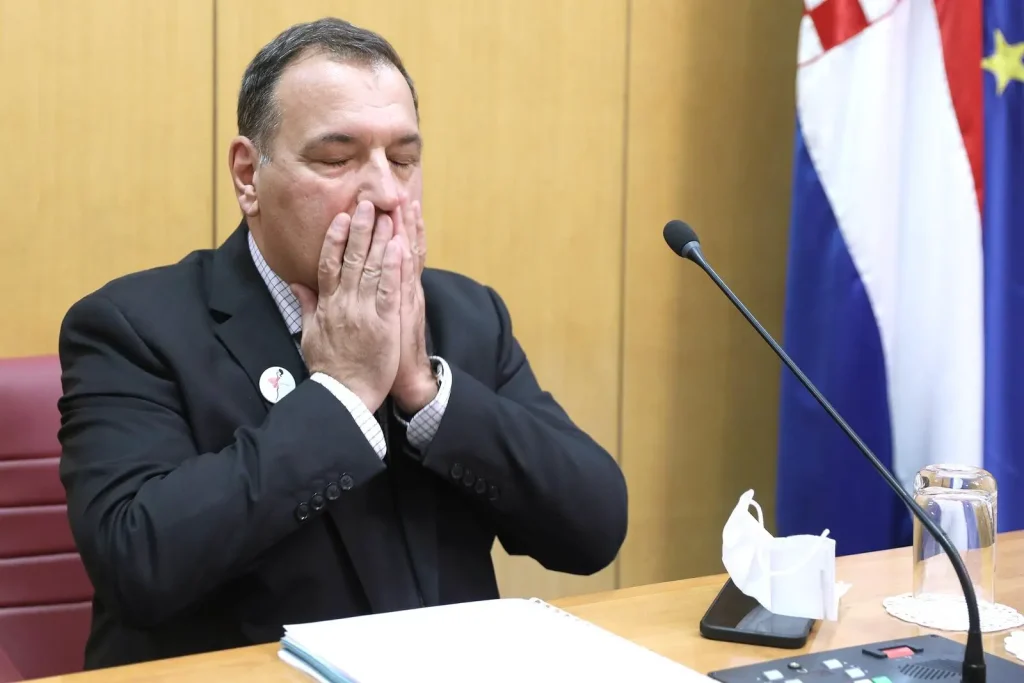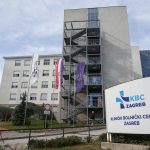Even after the rebalance of the state budget, which will provide the healthcare system with an additional three and a half billion kuna this year, which means that instead of the planned 32 billion it will now have 35 and a half billion kunas, hospital directors still say that this will be a difficult year with much uncertainty due to a lot of unknowns in expenses, reports Index.hr.
Namely, the recent warning of wholesalers that debts for medicines continue to grow despite last year’s injection of 6.3 billion from the state budget and that they reached as much as six billion kunas, of which four billion are due, is the reason for this early rebalance. Two billion is intended for Croatian hospitals, and one and a half billion for the Croatian Health Insurance Fund for the settlement of old debts.
Bills are five times higher than last year
For now, it is certain to say that 35.5 billion kunas for this year will not cover all costs, which is confirmed by Croatian hospitals bills from the first four months of 2022. They stand out especially for energy, food, and medicine, which in some cases are five times higher than in the same period last year. Therefore, it is not surprising that the losses of the system on a monthly basis are between 400 and 500 million kunas, which could mean a hole in the health fund of at least five billion kunas by the end of the year.
“Our costs increased in the first four months of this year compared to the same period last year by a total of 5.52 percent. But worrying is the fact that energy costs increased the most, by as much as percent, or from 7.8 to 15 million kunas. The cost of food products grew by 8.4 percent, and compared to 2020 by 40 percent, which is a huge increase”, said Dr. Alen Ruzic, director of KBC Rijeka.
Medicines haven’t kept the previous numbers of consumption either, so in the first four months, they were 7.76 percent more expensive than last year, and by almost 20 percent compared to 2020.
In the largest Croatian hospital, KBC Zagreb, costs increased by 6.5 percent or HRK 71 million from January to the end of April compared to the same period last year, as it increased from HRK 1,099 billion to HRK 1,171 billion.
During the pandemic, KB Dubrava was a COVID hospital, so some data from last year jumped out of the usual amounts, such as spending on drugs, which were lower than spending in previous years when the hospital was operating at full capacity for all patients. But it is clear that this hospital pays for the largest energy guild, especially the one for gas.
For more, check out our politics section.











